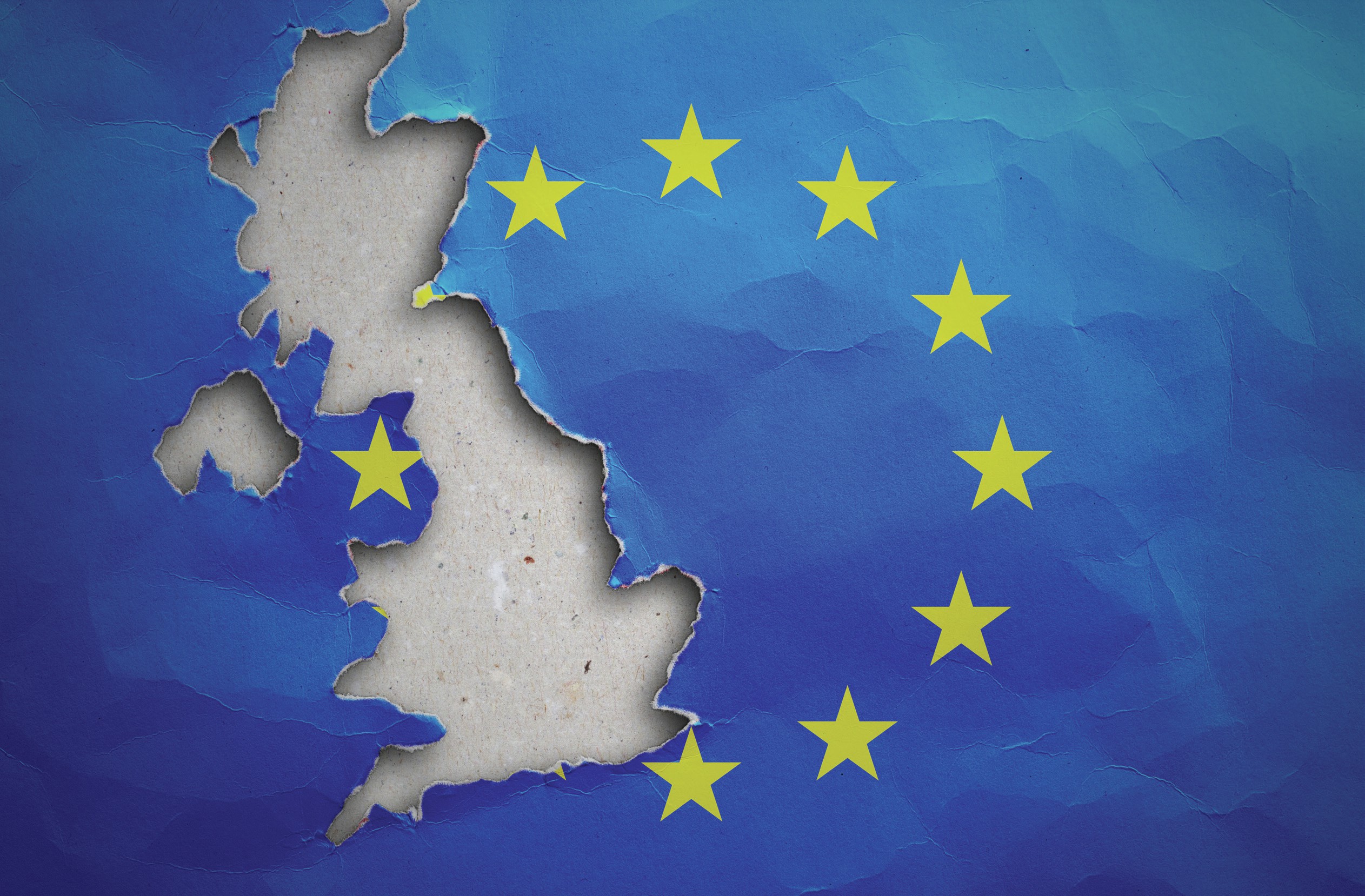
The UK electorate’s vote to leave the European Union (EU) was a major shock for global systems and global governance. In the 1990s, many academics, business leaders and politicians viewed globalisation as an unstoppable and desirable process. Some hyperglobalisers prophesised an ‘end to geography’, believing that nation states would become irrelevant in a ‘world of flows’. As societies became more connected and interdependent the differences between places disappeared and a new ‘shrinking’ and ‘borderless’ world was created.
The disruptions in Table 1 tell a different story. The Financial Times newspaper described the 2016 UK referendum result as a ‘roar of rage’ by people who felt ‘alienated by globalisation’. Attracted by the Leave campaign’s promise of stricter immigration controls and the restoration of national sovereignty, British people voted to abandon their economic, political and demographic union with 27 neighbour states.
Your organisation does not have access to this article.
Sign up today to give your students the edge they need to achieve their best grades with subject expertise
Subscribe




